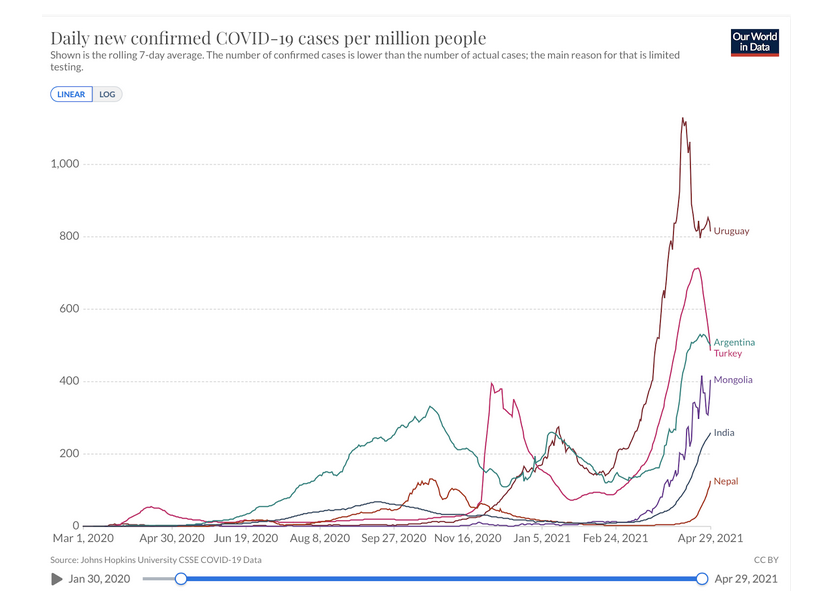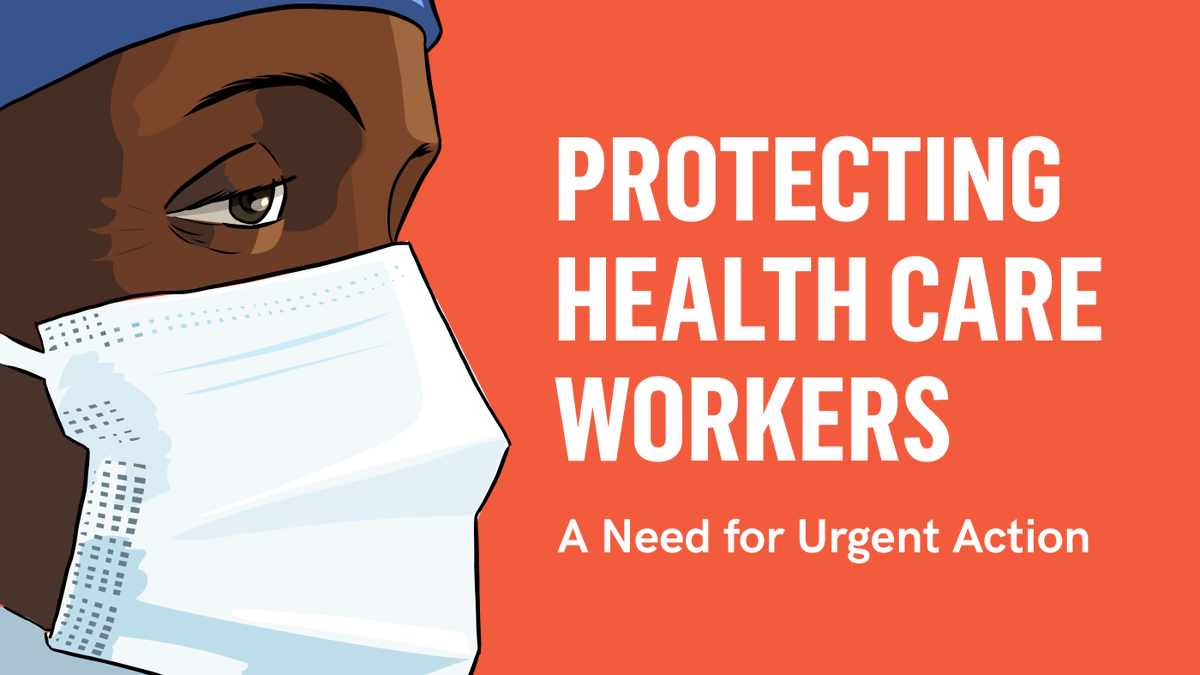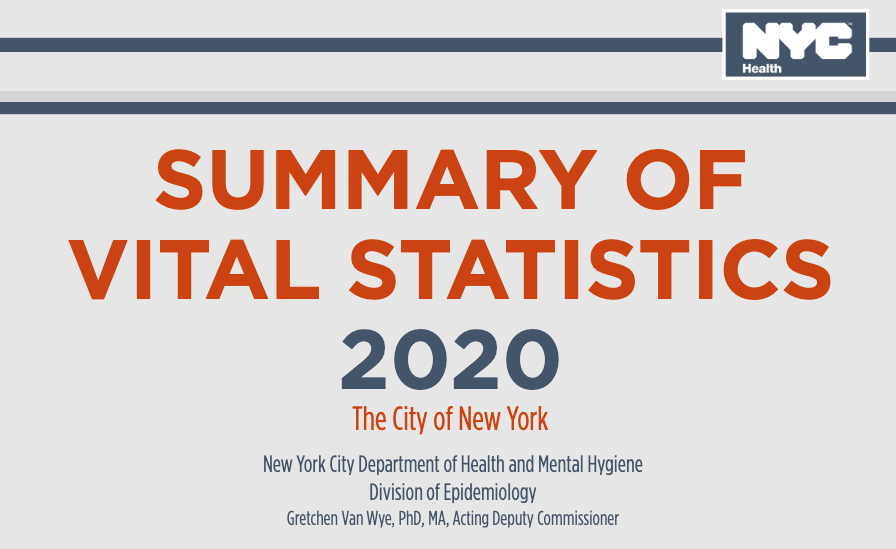Globally, the end of the pandemic isn't near.
More than a million lives depend on improving our response quickly.
Don’t be blinded by the light at the end of the tunnel. There isn't enough vaccine and the virus is gathering strength & speed. Global cooperation is crucial. 1/
More than a million lives depend on improving our response quickly.
Don’t be blinded by the light at the end of the tunnel. There isn't enough vaccine and the virus is gathering strength & speed. Global cooperation is crucial. 1/
India’s surge is a reminder that the virus is learning about and adapting to us faster than we're learning and adapting to it. Covid, fueled by variants, is an ongoing & increasing risk. The pandemic is more severe than ever—more transmissible, more deadly, more human fatigue. 2/ 

Dazzling scientific progress resulted in Covid vaccines that are more effective than many experts dared to hope. But although Israel, the UK, and, soon, the US will have a new reality with the virus largely tamed by vaccines, global vaccination lags badly. 3/ 

Even in the best of circumstances, vaccines take months to control the virus. And we’re in far from the best of circumstances. Globally, vaccines would not crush the curve in the short-term even if there were enough of them—which there aren’t. 4/ 

It takes weeks to months to roll out vaccines and weeks for protection to kick in. Vaccines don’t help people already infected with Covid and probably don’t help much after exposure. To stop spread now, we need to mask, distance, reduce travel, and prevent superspreading. 5/
Our current vaccine infrastructure can’t be relied on to meet the needs of the world. Countries with excess supply can make a dent, but vaccine production needs a step-function increase. Until much more vaccine is available, masks, distancing, less travel are all essential. 6/
All types of vaccines that are proven to be effective need to be scaled up as rapidly as possible. Novavax, J&J, AstraZeneca and others are all important, but mRNA vaccines are the most promising. They are our insurance policy against variants, boosters, and production delays. 7/
mRNA vaccines are also quicker to scale up, and they’re likely safer and more effective. Handling is getting easier, and cold chain problems can be addressed. They’re our best hope for an end to the global pandemic. But current capacity is nowhere near the global need. 8/
Yes, rosy estimates show there'll be enough vaccines in 2021, but companies missed 2020 production projections by 96% & overall production is at only 1/4 of projection for 2021. Variants, boosters, safety signals, production delays all very real risks. bit.ly/3nzQvIg 9/ 

We can’t bet lives and global recovery on uncertain vaccines and production. Regional mRNA manufacturing hubs are crucial to provide the best vaccines globally ASAP. Doing so will take longer than we wish, which is why we must start right now. politi.co/3e1DqEj 10/
India, South Korea, Singapore, Brazil and other countries in Latin America, South Africa, Senegal, Rwanda all have potential to establish vaccine manufacturing capacity and could become providers of vaccines globally. CureVax might be another resource. 11/
Transferring mRNA technology is essential. The technology is outlined in this fascinating @nytimes piece. The pandemic is the world’s most important problem. We should act accordingly. nyti.ms/3eBiOly 12/
Transferring technology and stepping up production globally is the most important step the Biden administration can take to help end the pandemic. US taxpayers funded the Moderna vaccine. Not sharing this technology puts us at risk if even more dangerous variants emerge. 13/
Variants, wow! Check out the stunning march of B117 across the US. Even with more than half of our adult population fully vaccinated, we still face risk of outbreaks, and unvaccinated people are facing more danger than ever. 14/ 

In the 1918 pandemic, in many places, the second wave was deadlier than the first. I’m concerned we’re at the most dangerous phase of the pandemic yet. Covid is deadlier, more transmissible, in more places, circulating at higher levels, and there’s more human fatigue. 15/
Globally, there were 1.8 million deaths reported from Covid in 2020. At the current rate, there will be even more deaths in 2021. But this isn’t inevitable; pandemics aren’t natural disasters. We can control Covid. Effective action can save at least a million lives this year. 16/
Variants remain the biggest wild card, but we’ve learned a lot about the virus and how to limit its impact. Protection measures work. 17/
Six steps we must take now to deal with explosive spread globally.
1. Protect health care & healthcare workers
2. Mask up
3. Distance and avoid superspreading
4. Continue essential services, including schooling
5. Vaccinate, especially HCW and older people
6. Learn and adapt
18/
1. Protect health care & healthcare workers
2. Mask up
3. Distance and avoid superspreading
4. Continue essential services, including schooling
5. Vaccinate, especially HCW and older people
6. Learn and adapt
18/
For each of these six, we need a focused, well-managed, accountable approach. We MUST do better protecting health care and health care workers. Doing so will save lives from Covid and from diseases that become deadlier when care is disrupted. bit.ly/3e7Z0ay 19/ 

It’s possible to beat infectious diseases. These stories of success give me hope. If we work together across borders to fight Covid and invest in preparedness, we can save millions of lives. preventepidemics.org/ETDH 20/
Covid has shown us the costs of failure, but a safer and healthier future is possible. 21/end
• • •
Missing some Tweet in this thread? You can try to
force a refresh





